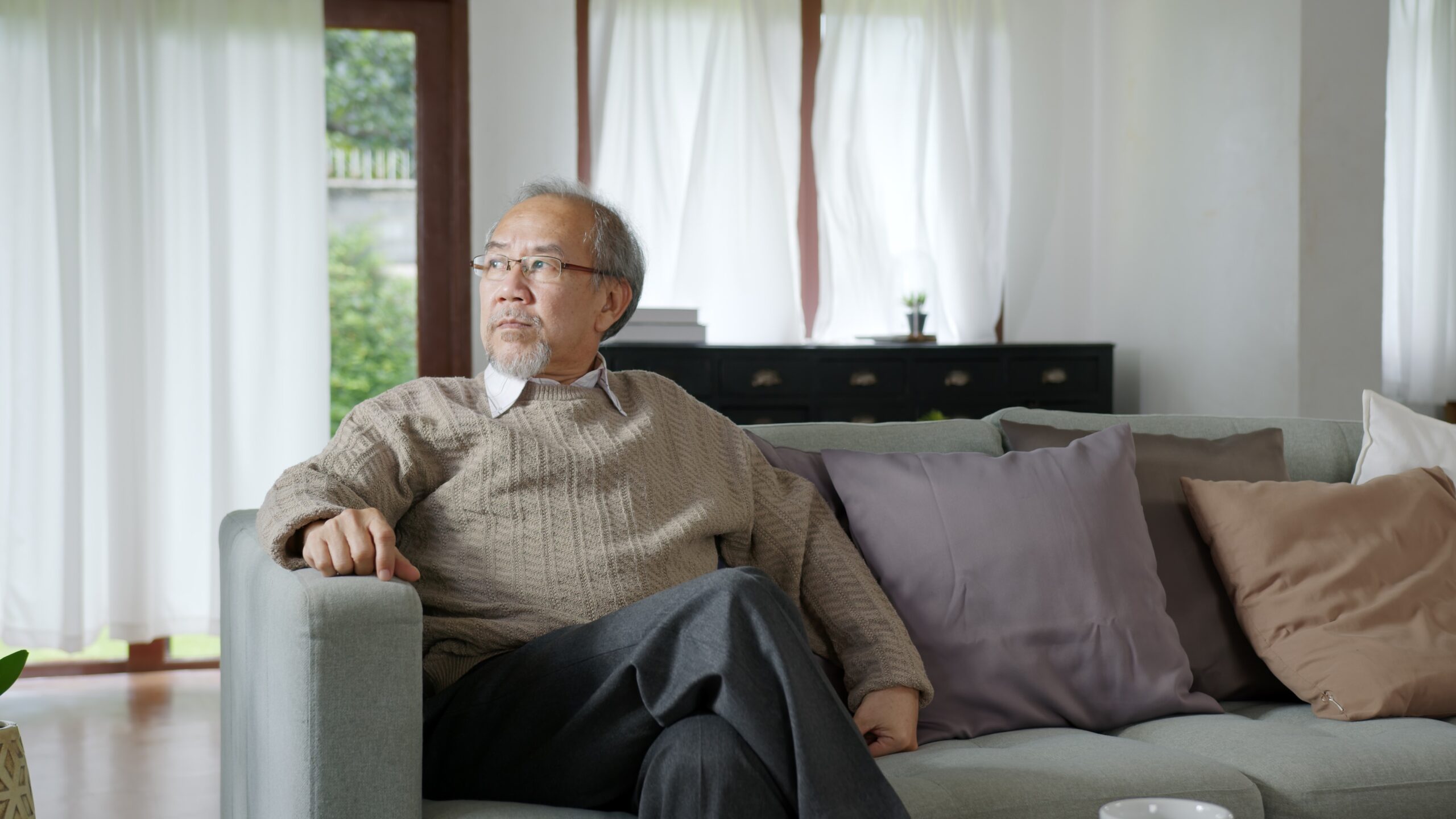
Healthy Living
Research study after research study has shown this to be true. Given that the number of adults between age 65-74 with disabling hearing loss is 25 percent and that number jumps to 50 percent for adults age 75 or older, we are headed toward a potentially significant increase of people living with dementia.
Hearing loss happens gradually and often earlier than expected. If you don’t live with or see your elder often enough, it may go unnoticed. This is where Springpoint at Home’s Certified Home Health Aids can help, by alerting our nurse about hearing concerns which will be brought to the family’s attention.
Unfortunately, you can’t count on the simple hearing test a primary care physician gives to diagnose disabling hearing loss. That test is not exact enough for higher frequencies and higher frequencies are where most people have trouble. Because consonants like k, d, t, p are at higher frequencies, it makes them hard to differentiate in a conversation. Vowels, on the other hand, are at a lower frequency making them louder.
Once participation in conversation becomes difficult, people stop going to normal activities like church or dinner with friends. They are embarrassed to keep asking people to repeat themselves or speak louder, so they stop using the telephone.
This pulling back from social interaction increases the risk of isolation which in turn raises the risk of depression, dementia and early death. In fact, recent studies have shown that feelings of isolation raise the risk of dementia by 40 percent and the odds of an early death by 26 percent.
Even when an older adult knows they have a problem, most don’t use hearing devices because of the stigma and the background noise which many describe as a nightmare. One of the biggest deterrents is cost. Regular Medicare Part B does not cover hearing aid costs. Typically, Medicare will cover a diagnostic hearing test if it is to understand what caused a change in hearing or to decide on the best course of action to treat hearing loss. It will not cover a diagnostic hearing test if it is received for the purpose of fitting hearing aids.
However, the good news is that the FDA established regulations for over-the-counter (OTC) hearing aids. These are designed for ‘perceived’ mild to moderate hearing loss and can be purchased without a prescription. The problem is that most people don’t know what kind of sounds they are hearing or not hearing.
OTC hearing aids out of the box are rechargeable and may have presets like quiet or TV. Self-fit OTC hearing aids have more adjustments like stereo bass and treble and often use an app to make adjustments.
Prescriptive hearing aids can only be purchased from an audiologist and are programmed to your specific hearing needs. The chips found in prescriptive hearing aids allow the hearing professional to filter out background noise, reduce feedback and, in general, program them for your unique hearing loss.
The first step for anyone showing signs of a hearing loss is a hearing test to understand the best course of action for treatment. Once you have a baseline, you can determine if an OTC hearing aid will give you a better quality of life. As time goes on, hearing will most likely change, so additional hearing tests may be necessary. At that point in time, a hearing professional can guide you to the best hearing aid based on your specific hearing problems and financial ability.
Because of the stigma still attached to hearing aids, getting an older adult to agree to a hearing test and more importantly a hearing aid, can be a series of difficult conversations. Springpoint at Home’s Aging Life Care Advisors™/Care Managers as non-family member can help. Difficult conversations on sensitive subjects are often more palatable coming from a third party. Our Aging Life Care Advisors™/Care Managers are experts in these conversations, have a variety of resources to pull from and can even take your elder to hearing appointments.
For more information on how Springpoint at Home can help, call us today at 844-724-1777



